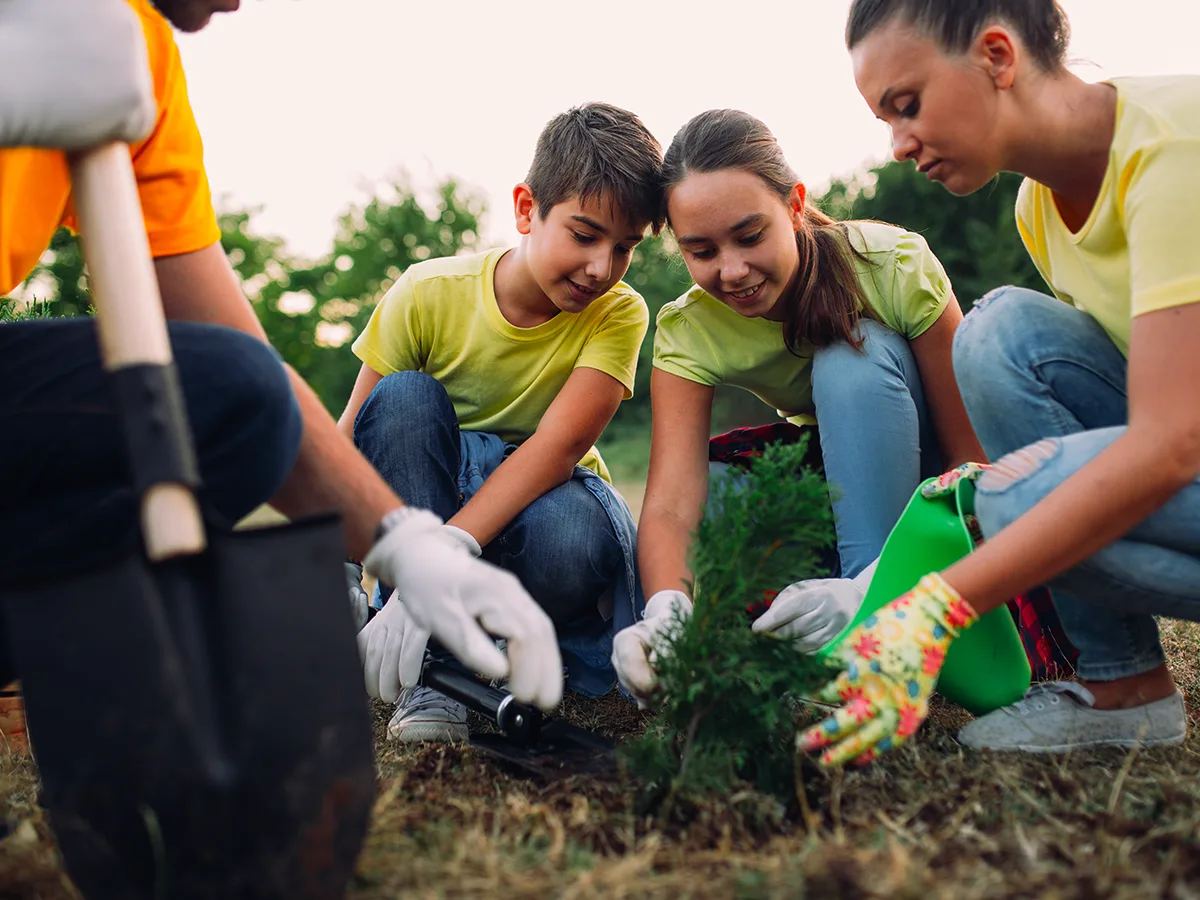What to do when your tween or teen is lonely

At a glance
Some tweens and teens feel less lonely as they find ways to get involved.
Others have a hard time keeping up with social demands.
Encouraging your child’s interests can lead to new friendships.
Some kids who learn and think differently feel less lonely in their tweens and teens. Their world gets bigger, and they have more opportunities to meet kids and explore interests. But not all kids have the skills to keep up with the growing social demands. Here are ways to help if your tween or teen is lonely.
Talk about opportunities.
Most middle schools and high schools have extracurricular opportunities. There’s a good chance there’s a club or a volunteer activity that may interest your teen. Churches, town sports leagues, and even an afterschool job can be good places for teens to make friends.
Tap into teachers.
Teachers in middle school and high school often have passions that they like to share with their students. If your child has a specific interest or skill, ask around. There may be a small group of kids who have the same passion and a teacher who shares that interest.
Keep an eye on new friendships.
Some teens try to avoid feeling lonely by hanging out with kids who aren’t a good influence. If that happens, have a candid conversation with your child and share your concerns. Encourage your child to get involved with groups outside of school. You don’t need to forbid contact with these kids unless your child’s at high risk.
Encourage volunteering.
Helping others can make your child feel needed, and a part of something. If you belong to a house of worship, that’s a good place to look for opportunities. Other possibilities include animal shelters, senior centers, or local political offices and civic organizations.
Talk about the future.
As kids who learn and think differently move through high school, the thought of what’s next can make them feel very alone. They may be on a different track from their friends, or worried about keeping up.
If your child has an IEP, working with the team on transition planning may make your child feel more in control. Even without an IEP, you can still work on planning for life after high school.
Get outside help if necessary.
Tweens and teens who are lonely may self-medicate with alcohol or drugs to try to feel better. They might engage in other risky behaviors, too. If you see signs that your child might be going down this path, or if you think your child seems depressed, get help. Your child’s health care provider or school may have suggestions about professionals in your area.
At this age, kids have many more opportunities to be involved and a part of the action. You can help your tween or teen identify these opportunities and develop the confidence to try them. Learn more about how you can support your teen.
Key takeaways
Teachers can help make connections between kids with similar interests.
Transition planning for life after high school can help your child feel less isolated.
Don’t wait to get outside help if your child’s behavior concerns you.


